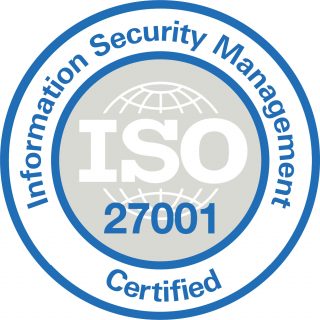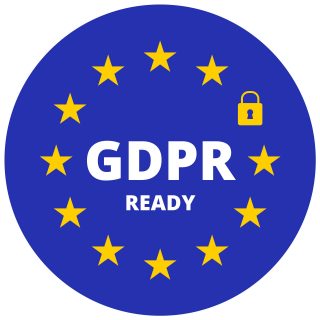Security is our top priority
Information security is of paramount importance to us. We ensure that Severa meets the security requirements both now and in the future.
Information security is of paramount importance to us. We ensure that Severa meets the security requirements both now and in the future.

The Service Delivery Team monitors the product’s continuity during office hours. Outside of office hours, continuity is monitored by Visma’s Central Operations team.
Our server provider is Microsoft Azure, which has multiple security certifications. The server rooms used by Severa are located in the Azure North Europe region. The data you store in Severa remains within the borders of Europe.
Customer data is backed up to a geographically independent service, ensuring data availability even if the Azure data center is down. Backups are performed nightly and retained for 30 days.
Security is at the core of our operations. In Severa, security and privacy are taken into account from various perspectives. Learn more about how security is considered in Severa’s product development and the actions of the entire company’s staff.

Severa follows Visma’s security framework VCDM (Visma Cloud Delivery Model). This framework is ISO 27001 certified, which means that Severa also complies with the requirements of the ISO 27001 certification.
The certification ensures that Severa meets the security requirements set by the standard. This makes it easier for our customers to have confidence in the security of the service and the commitment to high-level security management.

The goal of the EU’s General Data Protection Regulation (GDPR) is to enhance individuals’ rights to control the processing of their personal data. In Severa, the processing of personal data is handled appropriately as both a data controller and a data processor.
Visma has its own quality assurance framework called VCDM (Visma Cloud Delivery Model), which encompasses product development, delivery, and the operation of cloud services at Visma. This framework enables us to ensure the delivery of high-quality cloud services, enhance agility, and gain a competitive advantage. Severa fully adheres to this framework.
If you are concerned about anything regarding our information security, feel free to contact us. We are happy to answer your questions!